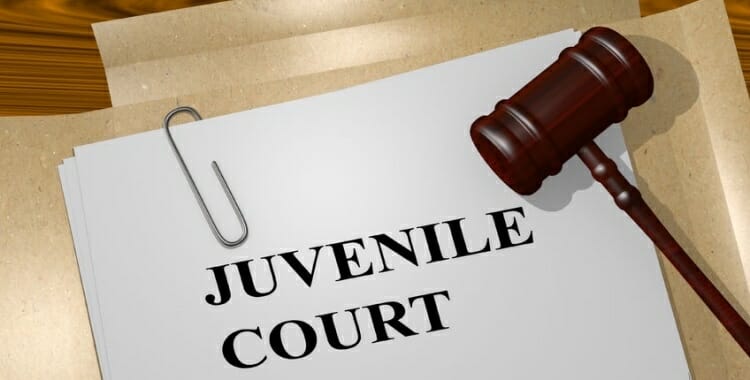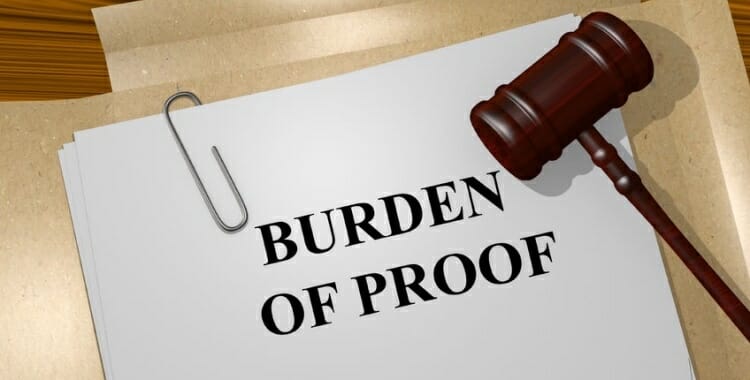Interference With Official Traffic Control Device In Arizona
A.R.S. 28-649
What does the law say?
A.R.S. 28-649(A) says that “A person shall not attempt without lawful authority to or in fact alter, deface, injure, knock down or remove an official traffic control device, a railroad sign or signal or an inscription, shield or insignia on any device, sign or signal or any part of the device, sign or signal.”
What is a “traffic control device”?
A traffic control device includes things like stop lights, stop signs, railroad crossing signs, and really any road signage installed by the government. This could arguably include construction-related signage and signals installed by private companies doing work on public roads.
CALL NOW OR UPLOAD YOUR TICKET
What does it mean to interfere with a traffic control device?
Interference would include pretty much anything except looking at a traffic control device. Examples of interference could include:
-
- Spray painting a bunny on a stop sign because you’re feeling silly.
- Putting stickers on a stop sign because you’re doing some guerrilla marketing.
- Shooting a road sign because you wanted to do something stupid.
- Hitting a road sign with a hammer because you are angry.
- Colliding with a railroad crossing gate with your car or motorcycle because you were trying to beat the train.
- Adding extra letters to a road sign to make it say something funny.
- Removing letters from a road sign to make is say something offensive.
- Stealing a speed limit sign because you’re doing some redecorating at home.
I’m sure I missed something here but, in summary, traffic control devices are for looking, not touching according to this statute.
What are the consequences of interfering with a traffic control device?
A conviction for interfering with a traffic control device is a class 1 misdemeanor, the same as a DUI or aggressive driving. This means there is the potential for up to six months in jail, $2,500 in fines plus surcharges, which would nearly double the fine, and up to 3 years of probation. In practice, jail time is unlikely, the fine will be far less than the maximum, and we do not often see probation.
Schedule a Free Consultation
Email us below and we’ll reach out.
Latest Blog Posts
Juvenile Court And Criminal Traffic Cases
Most criminal traffic cases involving a juvenile defendant do not end up in juvenile court; they are usually handled in the court of limited jurisdiction that covers the area where the violation took place. A limited jurisdiction court is limited in that it can only hear misdemeanor cases, and cannot hear felony cases.
The Burden of Proof in Civil Traffic Hearings
Before I discuss the burden of proof at a civil traffic hearing, I want to discuss a what a civil traffic hearing is first. If a police officer issues you a civil traffic ticket, you have a right to contest that ticket in court. To do so, you must request a civil...



